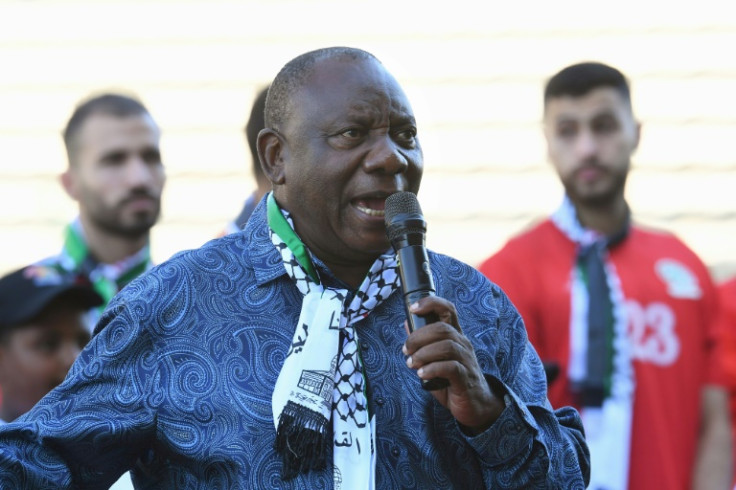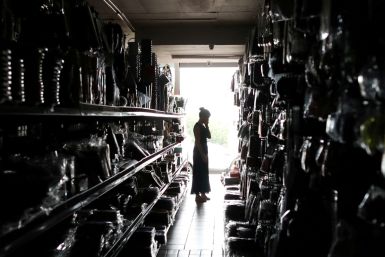President Ramaphosa Says National Health Insurance Won't Hurt Private Healthcare

President Cyril Ramaphosa, who signed the National Health Insurance (NHI) bill into law, explained on Monday that this bill won't affect private healthcare in the country.
The president noted that the insurance bill aims to use the strengths and capabilities of both the private and public health sectors to create a high-quality health system for South Africans.
In his weekly newsletter, Ramaphosa said the NHI will help millions of poor South Africans whose resources will be freed up for other essential needs and "alleviate the burden on those who are increasingly paying more in medical aid premiums for increasingly fewer services," SA News reported.
South Africa's private health sector is top-notch and attracts a lot of investment from domestic and foreign regions, as per the president. He also praised the public health sector for its excellent facilities and skilled staff.
The president stressed that every South African should be able to access decent and good quality healthcare, despite their ability to pay. He acknowledged that currently, the situation doesn't help the poor or middle-class people of the country.
However, he believes that with good planning, monitoring and smart use of resources, South Africa can achieve universal health coverage (UHC). He went on to encourage the public and private sectors to work together in order to bring the dream of quality health care for all a reality.
"For many years, we have had parallel healthcare systems operating in our country. The majority of the population, 84%, uses public health facilities, while 16% are covered by medical schemes, enabling them to access private healthcare facilities," the president said.
He added, "A small percentage of people use both. This runs contrary to our aspiration to be a society that is just and equal."
The president noted that the challenge in implementing NHI isn't a lack of funds but rather the misallocation of resources that currently benefit the private health sector more than public health needs.
There is a misconception that the private healthcare sector operates and is funded entirely independently of the government. The state subsidizes the training of doctors, nurses and other healthcare workers who work in both public and private sectors, according to the president.
Secondly, the state also pays billions of rands each year on subsidies for employees who are part of public sector medical aid schemes.
"Thirdly, taxpayers claim tax rebates for medical aid expenses amounting to approximately R37 billion. This is the money the state should earn in taxes which it foregoes to subsidize private health care," Ramaphosa added.
© Copyright 2025 IBTimes ZA. All rights reserved.


















